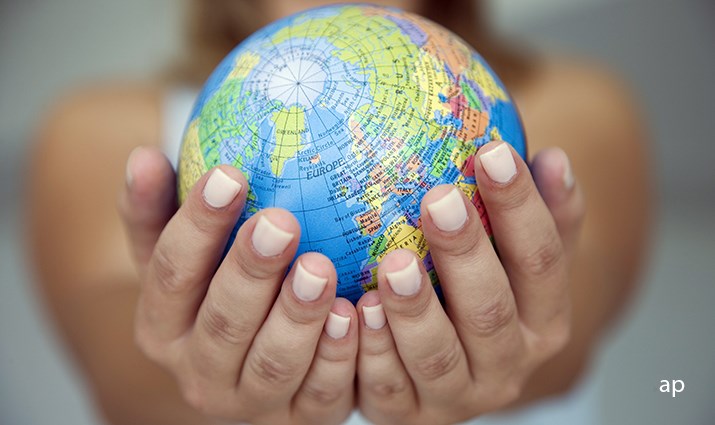
Responsible investing has never been such a hot topic as it is right now. The coronavirus pandemic has brought in the spotlight the importance of polluting less to unfold a cleaner future for the next generations, as well as the relevance of social issues amid black lives matter protests.
Last month, Boohoo’s share price (BOO), for example, plunged after allegations of poor working conditions and low pay at one of its Leicester factories – and this might have not been discovered if it wasn’t for Covid-19.
So how are fund managers engaging with companies in these unprecedented times? Many people would argue that these professionals have a duty to push for positive change.
How Fund Managers are Engaging on ESG
“The Covid-19 global pandemic has emerged as the most serious global public health challenge in living memory and has cast a completely new light on the range of challenges that we face together,” says Jamie Jenkins, manager of the three-star rated BMO Responsible Global Equity fund.
BMO is very vocal about its engagement with the companies it invests in and Jenkins' team publishes an annual ESG Profile and Impact Report. “We stand together at the start of a vital decade. With the creation of the EU's Sustainable Development Goals (SDGs) five years ago, the world set itself some ambitious goals to achieve by 2030,” he says.
But meeting these goals may be even more difficult at a time of such turbulence. Jenkins thinks investors are going to have to learn to live with elevated geopolitical tensions, such as the Sino-US rivalries, while also grappling with ambitious climate change objectives and being conscious of the social inequalities that the past few decades have exacerbated.
However, he still firmly believes “in the ability of society, companies and individuals to come up with sustainable products and solutions to respond to these challenges and create opportunity from adversity".
Jenkins says a number of firms have been "doing their bit" during the Covid-19 crisis. He points to three-star rated Becton Dickinson (BDX), two-star rated Qiagen (QGEN) and Thermo Fisher (TMO) as innovators which produced Covid-19 tests that generated results in as little as one to four hours.
In particular, Becton Dickinson has received an order from the UK government to produce 65 million injection devices to support the coronavirus vaccination campaign. QIAGEN, meanwhile, has launched new tools to track coronavirus mutations.
Jenkins’s portfolio also includes two-star rated biopharmaceutical company CSL (CSL), which collects blood plasma samples from recovered Covid-19 patients containing antibodies that may be able to be used as a treatment. He also holds Fresenius (FRE), which has been scaling up the production of drugs used in the treatment of Covid-19 patients, including sedation and pain management drugs, and has established a process to purify reusable protective masks at its hospitals.
Why Covid is a Challenge for Companies
BlackRock is another investment giant known for its strong stance on ESG. Earlier this year, its chief executive Larry Fink vowed that all the firm's investments would take ESG factors into account.
According to a recent report by the firm on its engagements, a number of companies are finding it challenging to balance the short-term actions needed to mitigate the professional and personal effects of Covid-19 on their employees, customers, and other stakeholders.
“Companies are having to transition their business models to allow employees to work from home or in a safe, socially-distanced environment. This transition also includes companies re-designing their supply chains and operations due to impacts caused by Covid-19,” the report says.
BlackRock expects many of its engagements in the second half of the year to focus on financial and operational resilience in the face of the global pandemic. “In engagements to date, we have sought to learn more about how companies are responding to Covid-19, how it has impacted their business models and risk assessments, altered long term capital allocation decisions and influenced strategic decision making," it adds. "For example, many companies are now looking at how to shorten their supply chains or at least bring them closer to demand.”




























